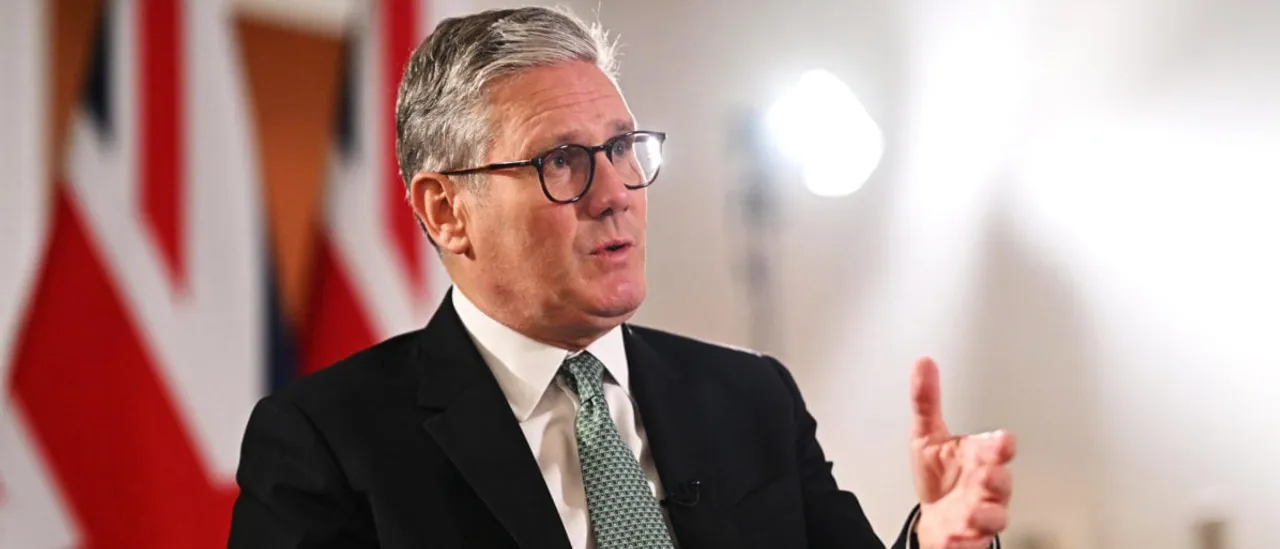In a significant diplomatic shift, several Western nations, including the United Kingdom, Canada, and Australia, formally recognized Palestine as an independent state on Sunday. This decision marks a departure from the stance traditionally held by the United States and comes just ahead of a crucial United Nations meeting scheduled for this week.
The joint statement issued by the three countries emphasized their commitment to sustaining the possibility of peace and a two-state solution, which envisions a safe and secure Israel alongside a viable Palestinian state. British Prime Minister Keir Starmer stated, “At the moment, we have neither.”
Leaders Advocate for Peace and Reform
Starmer condemned Hamas as a “brutal terror organization” and denounced the recent attacks, pledging to expand sanctions and advocate for the release of Israeli hostages. Australian Foreign Minister Penny Wong echoed the sentiment, reiterating that a two-state solution remains “the only path to enduring peace and security for the Israeli and the Palestinian peoples.” She stressed that the Palestinian Authority must adhere to international standards, insisting that Hamas should not have a role in the future governance of Palestine.
Canadian Prime Minister Mark Carney described the recognition as a means to empower those advocating for peaceful coexistence while rejecting any legitimacy for terrorism. He underscored that the decision should not be viewed as a reward for violent actions.
Portugal also joined the call for recognition, asserting that the two-state solution is essential for achieving a just and lasting peace. French President Emmanuel Macron reiterated France’s commitment to this cause, describing the adoption of the New York Declaration by 142 countries as a pivotal moment for peace in the Middle East.
Upcoming UN General Assembly and Reactions
The United Nations will convene its annual General Assembly in New York this week, where discussions are expected to focus on the potential for a two-state solution. Accompanying this assembly, France and Saudi Arabia are organizing a summit where further recognition of Palestinian statehood is anticipated.
In contrast, Israeli Prime Minister Benjamin Netanyahu dismissed the new recognitions, asserting that “a Palestinian state will not be established west of the Jordan.” He indicated that the Israeli government would respond to these developments after his return from the United States.
Israeli President Isaac Herzog added that the recognition would not contribute to improving the lives of Palestinians or advance negotiations but would likely embolden extremist factions, thereby hindering prospects for peace.
A spokesperson for the U.S. State Department characterized the recognition moves as “performative,” maintaining that Washington’s priorities remain centered around the release of hostages, the security of Israel, and broader regional stability, all of which depend on removing Hamas from influence.
This diplomatic shift unfolds against a backdrop of escalating tensions in the region, raising questions about the future of peace negotiations between Israel and Palestine as global leaders prepare for discussions at the UN.
